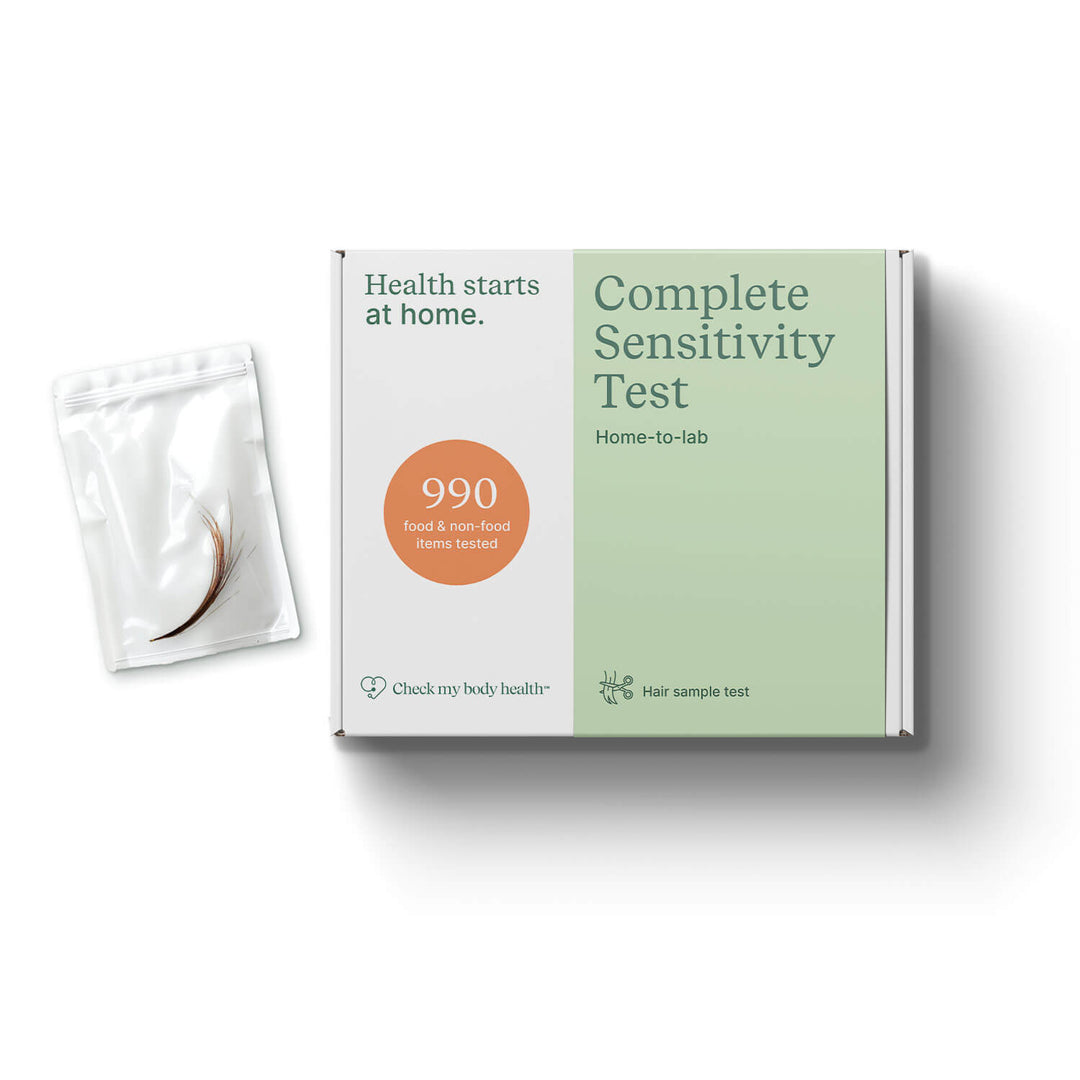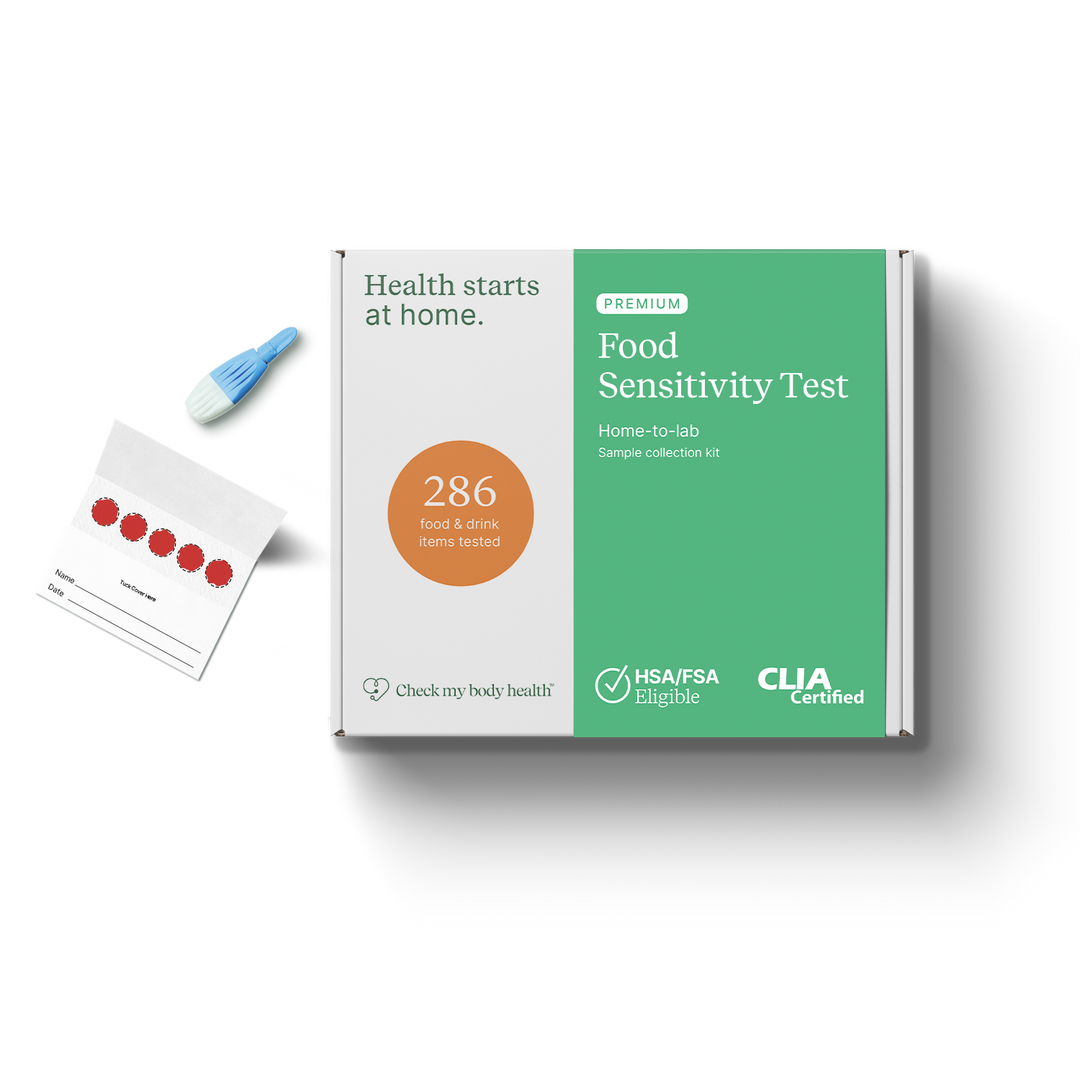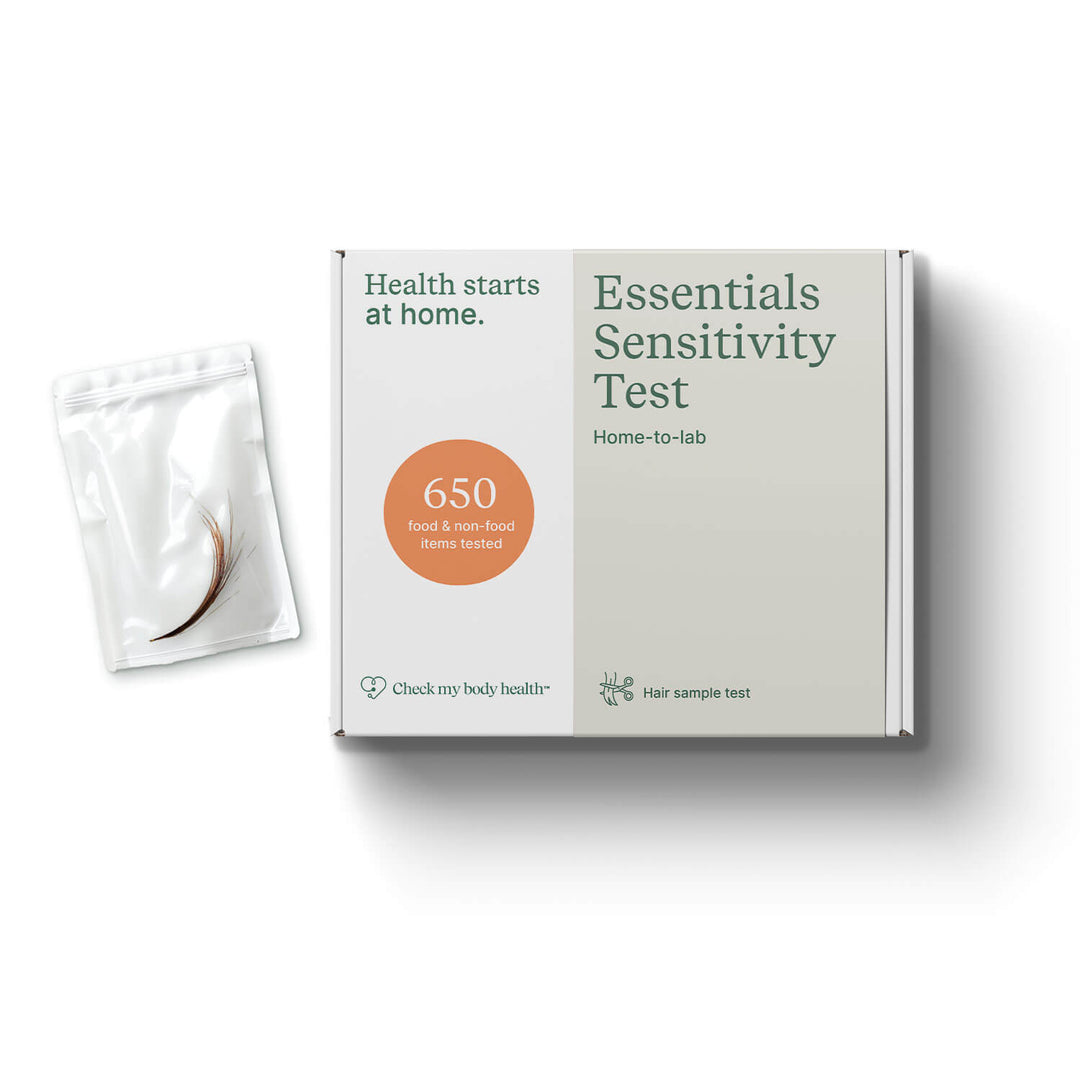Best Sellers






Choosing the right health test kit
Clear, trusted testing options - so you can choose with confidence. All tests are easy to complete at home, with clear results and ongoing support from our care team.




Understanding the differences between food reactions
Join 1,000,000+ others identifying their trigger foods
The people’s
choice with over
8,000+
5-star review
The people’s choice with over
8,000+ 5-star review
the
Check my body health
difference
More than just a test result
| US | OTHERS | ||
|---|---|---|---|
The USA’s most advanced range of allergy & intolerance tests *2 We offer a comprehensive and advanced range of tests – designed to give you clarity and control over your health. |
We offer a comprehensive and advanced range of tests – designed to give you clarity and control over your health. |
|
|
Instant access to Doctors and Health Experts – at no extra cost Your health questions, answered by real professionals. Skip the waiting rooms, skip the fees - expert advice when you need it most. |
Your health questions, answered by real professionals. Skip the waiting rooms, skip the fees - expert advice when you need it most. |
|
|
Personalised 1-2-1 virtual consultation with a qualified Nutritional Therapist Transform your test results into a tailored action plan. From meal ideas for your family to targeted advice on skin, gut, or energy |
Transform your test results into a tailored action plan. From meal ideas for your family to targeted advice on skin, gut, or energy |
|
|
Expert-created health & wellness guides Stay informed and empowered with trusted resources on nutrition, gut health, skin, energy and more by our health experts |
Stay informed and empowered with trusted resources on nutrition, gut health, skin, energy and more by our health experts |
|
|
Free 15-Minute Consultation Before You Buy Not sure which test is right for you? Speak with a health advisor first – no pressure, just guidance. |
Not sure which test is right for you? Speak with a health advisor first – no pressure, just guidance. |
|
|
Trusted by Thousands: Over 8,000 5-Star Reviews Join the growing community of people transforming their health with results they can trust. |
Join the growing community of people transforming their health with results they can trust. |
|
|
Learn more about our IgG and hair tests

IgG Reactivity Testing
Unmatched accuracy with reproducible results
Unlike some competitors, our test provides reproducible results, ensuring the accuracy and reliability you deserve.
Our technology is backed by the ELISA gold standard principle, offering full-spectrum testing for a comprehensive view of your food sensitivities.
Why IgG Subclasses Matter
This test uses IgG antibody testing, a scientifically-backed method to detect your body's immune response to 286 food and drink items.
Unlike immediate reactions (such as those caused by IgE allergies), IgG responses are delayed, making them harder to identify without testing.
When your immune system produces IgG antibodies to certain foods, it may cause inflammation and unwanted symptoms.
30-minute Nutritional Therapist consultation, wherever you are.
With our online Nutritionist service, you'll always get the highest level of care. Book a phone or online video consultation appointment with one of our fully qualified Nutritionists at a time that is best for you.
You can book a 30-minute appointment to understand your report and elimination diet.

Bioresonance Hair Testing
Tune into what your body's telling you
Bioresonance testing offers a non-invasive, holistic way to start understanding how your body responds to the world around you.
By measuring energetic responses to a wide range of substances, it can help highlight potential intolerances that may be contributing to symptoms like bloating, fatigue, skin issues, or brain fog. Our Intolerance tests can be a valuable first step in your wellness journey - giving you insight into possible triggers and empowering you to make more informed choices about your diet, environment and lifestyle.
• Quick and easy to collect
• No pain, no blood - just a few strands of hair
This holistic approach provides a helpful starting point to better understand your body and uncover possible triggers behind symptoms like bloating, fatigue, and skin issues.
Expert support, whenever you need it
This test comes with unlimited access to our team of qualified GPs and certified nutritionists. Through our Ask the Experts area, you can submit questions at any time - whether you need help understanding your results, advice on what to do next, or support with an elimination plan.
This isn't just a one-off consultation. It's ongoing, personalised support from professionals who understand your symptoms and care about your wellbeing.























